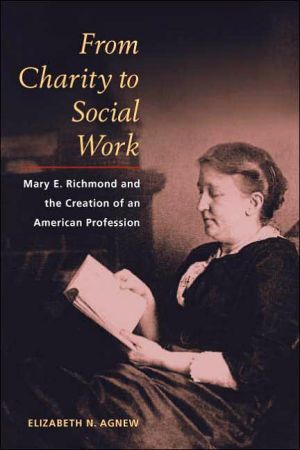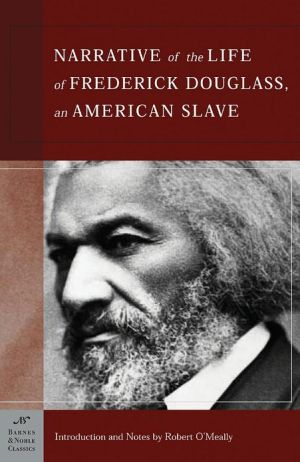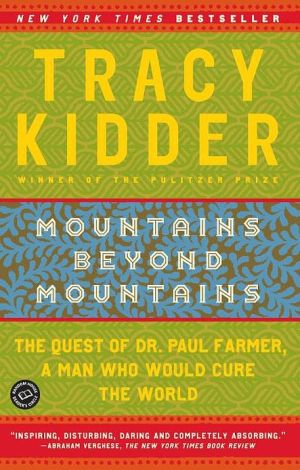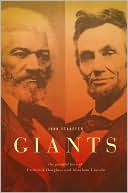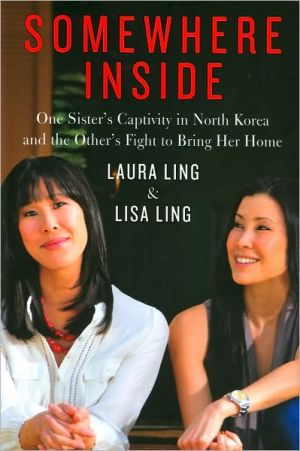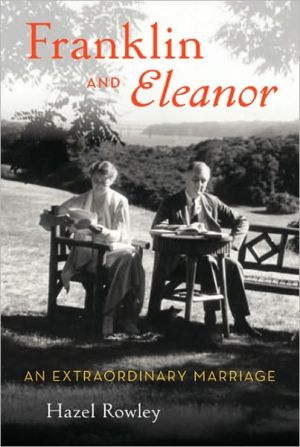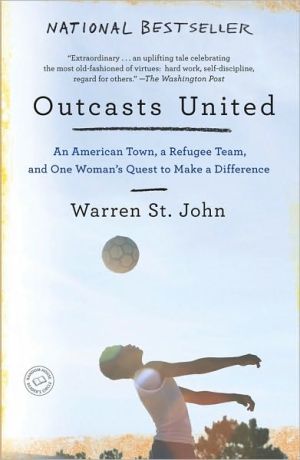From Charity to Social Work: Mary E. Richmond and the Creation of an American Profession
Mary E. Richmond (1861-1928) was a contemporary of Jane Addams and an influential leader in the American charity organization movement. In this biography - the first in-depth study of Richmond's life and work - Elizabeth N. Agnew examines the contributions of this important, if hitherto under-valued, woman to the field of charity and to its development into professional social work.\ Orphaned at a young age and largely self-educated, Richmond initially entered charity work as a means of...
Search in google:
Mary E. Richmond (1861-1928) was a contemporary of Jane Addams and an influential leader in the American charity organization movement. In this biography - the first in-depth study of Richmond's life and work - Elizabeth N. Agnew examines the contributions of this important, if hitherto under-valued, woman to the field of charity and to its development into professional social work.Orphaned at a young age and largely self-educated, Richmond initially entered charity work as a means of self-support but came to play a vital role in transforming philanthropy - previously seen as a voluntary expression of individual altruism - into a valid, organized profession. Her career took her from charity organization leadership in Baltimore and Philadelphia to an executive position with the newly established Russell Sage Foundation in New York City.Richmond's progressive civic philosophy of social work was largely informed by the social gospel movement. She strove to find practical applications of the teachings of Christianity in response to the social problems that accompanied rapid industrialization, urbanization, and poverty. Richmond focused on the social welfare of women and children, while at the same time helping to create a diverse new profession that appealed to many women. More than just a life narrative, Agnew's biography illuminates the tensions among private charity and public welfare, religious values and social scientific methods, civic participation and professional expertise, and individual care and social justice. A century later, Richmond's legacy continues to echo in social work and welfare reform.
